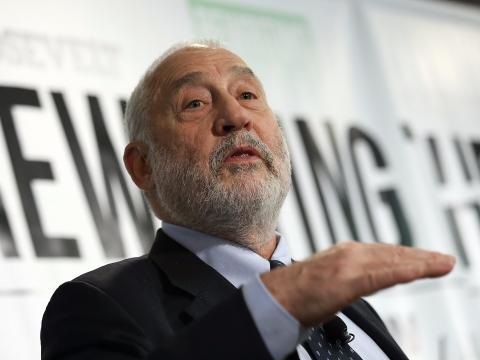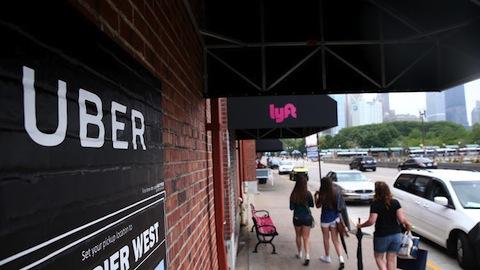Nobel Prize-Winning Economist Stiglitz Tells Us Why 'Neoliberalism Is Dead'
Business Insider

Joseph Stiglitz, who won a Nobel Memorial Prize in economics in 2001 for his work on information asymmetry, has been one of neoliberalism's biggest critics in recent years, and he says the "neoliberal euphoria" that has gripped the world since the 1980s is now gone.






Spread the word